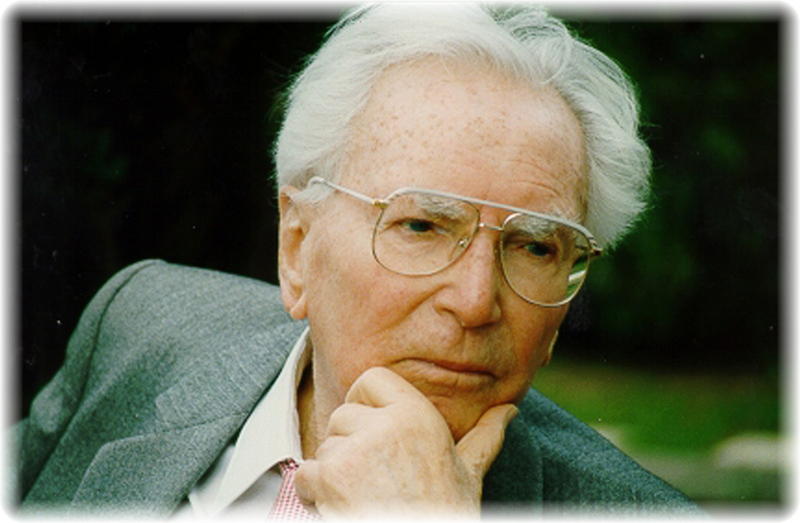“Try something different, try something new; you might find it likes you and you like it too!”
– Dr. Seuss, children’s author
How open are you to doing things in new and different ways? How frequently do you operate from the relative safety of your comfort zone? What are the benefits of trying something new?
Today I had an extremely engaging coaching session with one of my favorite clients. This young man is one of the smartest, most creative people in his organization, and boy, does he think differently!
I asked him, “How will your company make money in the future, and what new initiatives will have it remain relevant and a leader in its field?”
To make a long story short, he developed a template for a project to reinvent how the company currently operates, to potentially save the organization over a million dollars.
Exercise:
Consider taking a new and different action today in both your personal and professional life. Use the following sentence as a guide to help you try something new:
In _______ situation I usually do _________. Instead, I am going to try ___________.
If you find this difficult, consider:
- Trying a new restaurant.
- Eating a new food.
- Visiting a place for the first time.
- Taking a class on a subject you always wanted to learn.
For extra credit, take a day off in the middle of the week and label it the “New day, new way” project, where you try as many new things as possible. Feel free to reply and let me know what happens.
 Image from Flickr by Llima.
Image from Flickr by Llima.



